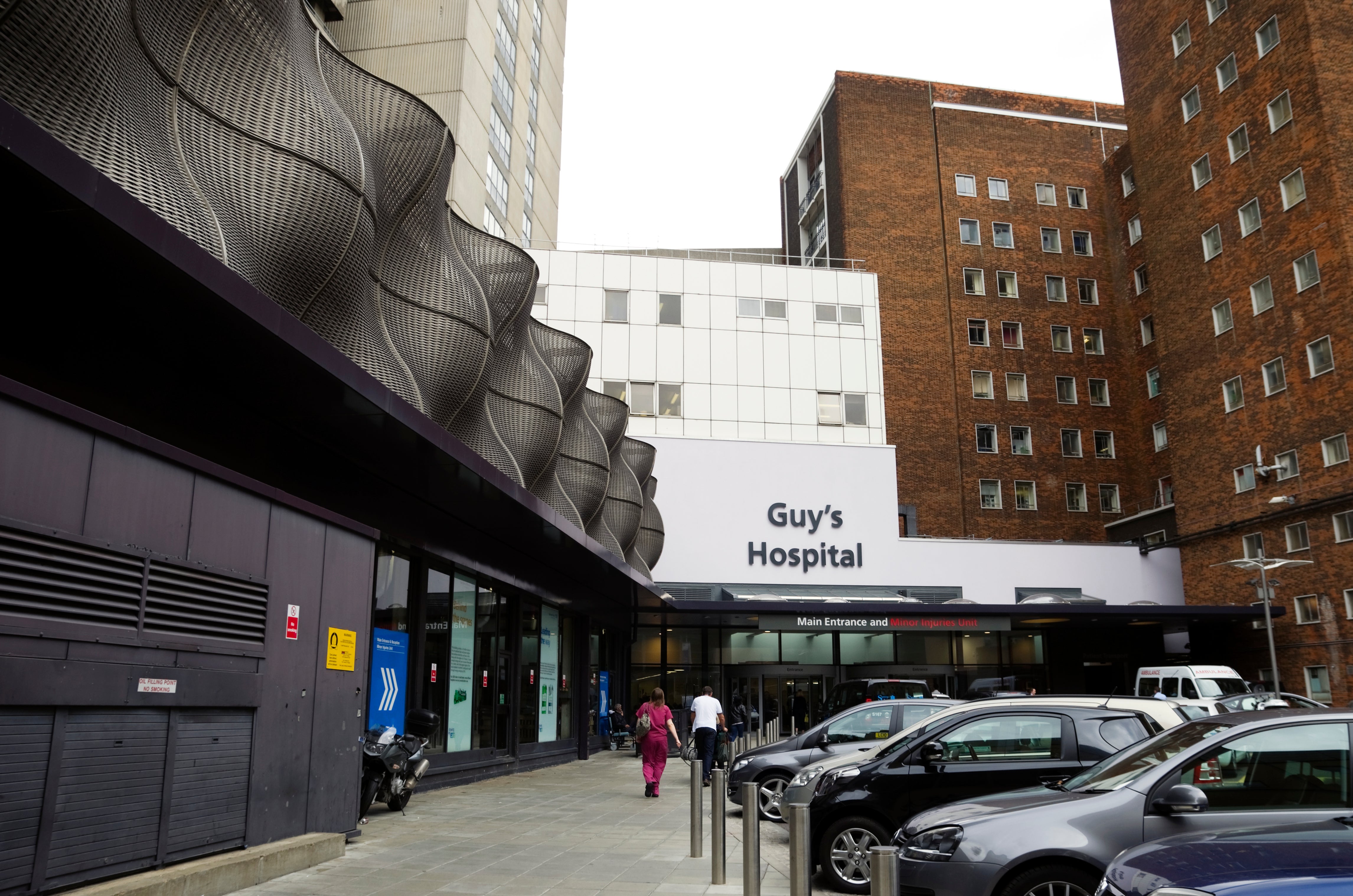Scrapping free parking will be the final straw for burnt-out NHS staff
Those behind the decision argue that the measure is a budgetary necessity that marks a move onwards from Covid-19 – but for the NHS, the crisis is far from over


Reading the results of this year’s NHS Staff Survey has left me deeply saddened, but unfortunately, far from surprised. Our health service is in the grip of a system-wide staffing crisis: 72 per cent of NHS workers believe services to be understaffed, while 48 per cent have suffered from work-related stress and one in five are seriously considering leaving in the next year.
These statistics echo the very real experiences of many of my colleagues. Overworked, with little to no flexibility, and having spent years trapped within rigid systems, too many NHS staff are at their wits’ end. So when I heard the news that the free hospital parking, introduced to help our pandemic heroes, is set to be scrapped this week, it seemed to me like the final straw.
Those behind the decision argue that the measure is a budgetary necessity that marks a move onwards from Covid-19; but for the NHS, the crisis is far from over. Pressures that originated long before the pandemic have only intensified over the past two years.
Trapped by a system characterised by inflexible hours, clunky, outdated systems and a lack of accessible wellbeing support, thousands of workers across the health service must now also surrender a significant chunk of their salaries to parking fees. This will pile financial stress on top of everything else, possibly pushing them to breaking point.
I know what it’s like to reach that point. While working as a doctor, the pressures caused by obstructive systems and delays resulting from insufficient resources left me frustrated, stressed and close to burning out – and I wasn’t alone. As a result, many of us have stepped back from the full-time roles that we once loved and had trained hard for. As today’s survey shows, our experience is no anomaly.
Healthcare workers’ dedication is heroic, yes – but they are only human. They’re juggling the same external pressures as everybody else. And while no one goes into medicine expecting it to be easy, no clinician should have to choose between work and wellbeing.
Yet, the numbers show this is all too frequently the case. As clinicians are left feeling disempowered, and without an alternative solution, the number of workers leaving rises. And with waiting lists in England at an all time high, this is only set to get worse.
The parking fee reversal is symptomatic of the shortsighted governance fuelling this crisis. It demonstrates an approach from health ministers that is characteristically short-termist; prioritising budgetary targets ahead of sustainable policies.
As a result, the inefficient systems, long hours and pressures left by resultant rota gaps continue to fan the flames of the NHS staffing crisis. It’s a vicious cycle. Unless the underlying causes are addressed, our health service will be left unable to plug these widening gaps, and its staffing pool will run dry.
But we’re not there yet. These issues can be resolved; short-term cuts must be cast aside and replaced with long-term reform and investment. Innovative, system-led solutions must be embraced to ensure greater support for NHS teams and more sustainable workforce planning.
To keep up to speed with all the latest opinions and comment, sign up to our free weekly Voices Dispatches newsletter by clicking here
The shortages revealed by today’s survey results are rooted in the inflexibility caused by outdated, rigid staffing systems which leave managers with little room for manoeuvre when assigning shifts. These also leave staff with virtually no say in when or where they work. We need to completely rethink and replace current systems with more intuitive, tech-driven platforms. These should be tailored to individual organisations to provide flexibility for clinicians and reduce time-intensive admin for managers, while maintaining quality, cost-efficient and safe patient care.
Digital rostering platforms which account for individual workers’ preferences could enable managers to give their clinicians flexibility while continuing to safely staff their services. Clinicians could be empowered with greater control over their own shift patterns, while managers retain oversight for future workforce planning. Meanwhile, supporting providers to collaborate and enabling staff to be pooled between hospitals would help build greater workforce resilience and reduce the risk of rota gaps.
Without changes such as these, the self-fulfilling prophecy of the staffing crisis will continue. As more staff leave, inefficiencies driven by current systems are exacerbated, leading to even fewer workers left on the frontline.
Calls from within the NHS for a new approach are getting louder. We cannot bury our heads in the sand for a second longer. We have the tools to build a more sustainable NHS workforce. It’s time to put them into action, before it’s too late.
Dr Anas Nader is CEO and co-founder of Patchwork Health, a workforce management solution for healthcare providers
Join our commenting forum
Join thought-provoking conversations, follow other Independent readers and see their replies
Comments